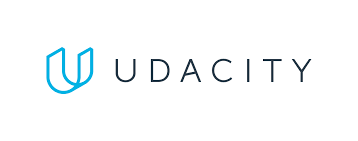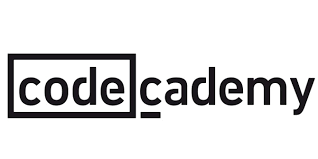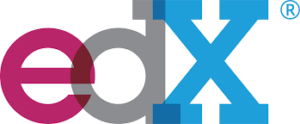Library Hours
Additional Resources
 Coursera is a for-profit educational company that offers access to a huge variety of Massive Open Online Courses (MOOCs). MOOCs are free and have no admission requirements. Coursera is the largest of the MOOC sites and offers classes that are created in partnership with major universities around the world. Classes in science, technology, social sciences, the humanities, and professional development for educators are available. Although access to these classes is free of charge, Coursera charges for verified certificates that can be used as proof of successful completion of a course.
Coursera is a for-profit educational company that offers access to a huge variety of Massive Open Online Courses (MOOCs). MOOCs are free and have no admission requirements. Coursera is the largest of the MOOC sites and offers classes that are created in partnership with major universities around the world. Classes in science, technology, social sciences, the humanities, and professional development for educators are available. Although access to these classes is free of charge, Coursera charges for verified certificates that can be used as proof of successful completion of a course.
 This is a for-profit company offering free access to MOOCs. Unlike edX and Coursera, these are self-paced, with no start or end date. Access to courses are free, but for a fee edX provides a “course experience” version of classes, which includes coaching, personal evaluation of special projects, and a verified certificate of completion. Udacity focuses on vocational and professional development courses, as opposed to university classes.
This is a for-profit company offering free access to MOOCs. Unlike edX and Coursera, these are self-paced, with no start or end date. Access to courses are free, but for a fee edX provides a “course experience” version of classes, which includes coaching, personal evaluation of special projects, and a verified certificate of completion. Udacity focuses on vocational and professional development courses, as opposed to university classes.
 This is an organization that brings together educational institutions that have made resources like syllabi, lectures, learning tools, and tests available for many courses in all types of disciplines. U.S. universities like MIT, Tufts, and Johns Hopkins, as well as institutions all over the world make course materials and resources available online for free. Students can search these materials using this website by institution, by course, or by language and may follow along with the materials and assignments as though they were taking the course at a university.
This is an organization that brings together educational institutions that have made resources like syllabi, lectures, learning tools, and tests available for many courses in all types of disciplines. U.S. universities like MIT, Tufts, and Johns Hopkins, as well as institutions all over the world make course materials and resources available online for free. Students can search these materials using this website by institution, by course, or by language and may follow along with the materials and assignments as though they were taking the course at a university.
 This is an interactive educational platform designed to teach beginners to code. Courses in seven programming languages are offered as well as forums where coders of all skill levels ask and answer questions. Motivational tools like badges, feedback, and streak counters are used to keep track of users’ progress.
This is an interactive educational platform designed to teach beginners to code. Courses in seven programming languages are offered as well as forums where coders of all skill levels ask and answer questions. Motivational tools like badges, feedback, and streak counters are used to keep track of users’ progress.
 A nonprofit a la carte educational resource providing “micro-lectures” via YouTube videos. Khan Academy began as a resource for school children who needed help with mathematics. Since its start in 2004, it has expanded to include many other disciplines, as well as resources for teachers, parents, older learners, and those studying for specific tests, like the SATs or the MCATs.
A nonprofit a la carte educational resource providing “micro-lectures” via YouTube videos. Khan Academy began as a resource for school children who needed help with mathematics. Since its start in 2004, it has expanded to include many other disciplines, as well as resources for teachers, parents, older learners, and those studying for specific tests, like the SATs or the MCATs.


